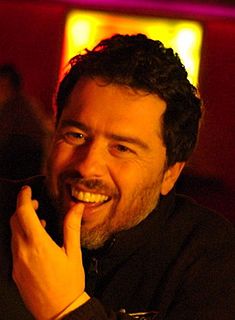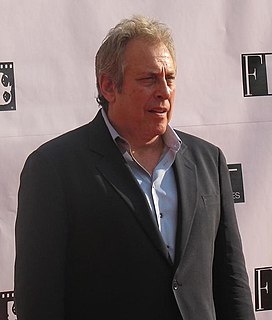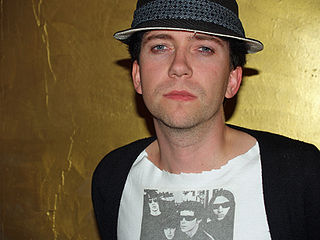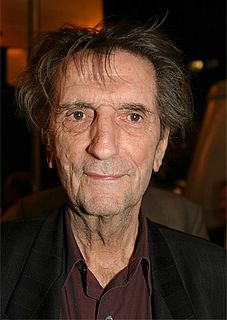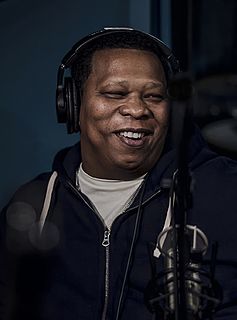A Quote by Sacha Gervasi
I think everyone who saw Alfred Hitchcock Psycho movie, as I did when I was young, was impacted. The shower scene is nuts. It still is, and I think what's wonderful about it is that it's universal. People understand the darkness and the violence, and it's shocking.
Related Quotes
Any music star would be singing about his lost love. A movie would be about a relatable incident; it wasn't an untouchable magic dragon box. It was something that people could relate to, and when I vanished a girl, it would be a story about a girl that left me, or a cutting into pieces would be a date with a magician. I wouldn't just vanish a girl in a shower, I would do the shower scene from Psycho [1960] with a [Alfred] Hitchcock cameo.
When you take on Hitchcock you know it's gonna provoke some sort of controversy, because there were so many people talking about the book [Stephen Rebello's Alfred Hitchcock and the Making of Psycho] and wanting it to be the film about the making of this movie [Psycho]. But that's been done. That's been done in the book, and Stephen Rebello himself was like, "I want a movie which is an entertainment for the audience." So we made the conscious decision.
There are many stories of people didn't set out to make a film that became a classic - the whole process was a disaster, everybody hated each other, the movie itself was a disaster, everybody thought the movie and the script was going to be a piece of crap. Look at Alfred Hitchcock and Psycho. Nobody wanted to make Psycho; it was crap to them. The only person that wanted to make Psycho was Hitchcock. Now, it's considered a classic and a work of art.
My approach to violence is that if it's pertinent, if that's the kind of movie you're making, then it has a purposeI think there's a natural system in your own head about how much violence the scene warrants. It's not an intellectual process, it's an instinctive process. I like to think it's not violence for the sake of violence and in this particular film, it's actually violence for the annihilation of violence.
If you want to do a movie about aliens coming down to Earth nowadays, you need to do it with a smile. When Tim Burton did Mars Attacks, he tried to make it a little bit kitschy, because it's not scary for people anymore. It's not scary that birds will attack you anymore, but I'm sure it was when Alfred Hitchcock made it. And it still is when you watch it.
I remembered watching the film from Alfred Hitchcock, 'Dial M for Murder,' and he shot almost all of that movie in one room. There was a genius in what Hitchcock did by manipulating things in that room so that you could see the distances between things like the tables and the vases because of how he used perspective.
I'm really interested in violence. And I think there's an inevitably cinematic property that violence brings to the moviegoing experience. But one still has to be thoughtful and mature about how you depict it and how you think it through. You have to think about the effects that violence has on audiences, and it's deployed so casually that I think it's losing its meaning. And when things like violence and murder and the dehumanization of other people lose their meaning, then we're really kind of in a place where we have to reexamine and take a hard look at ourselves.
